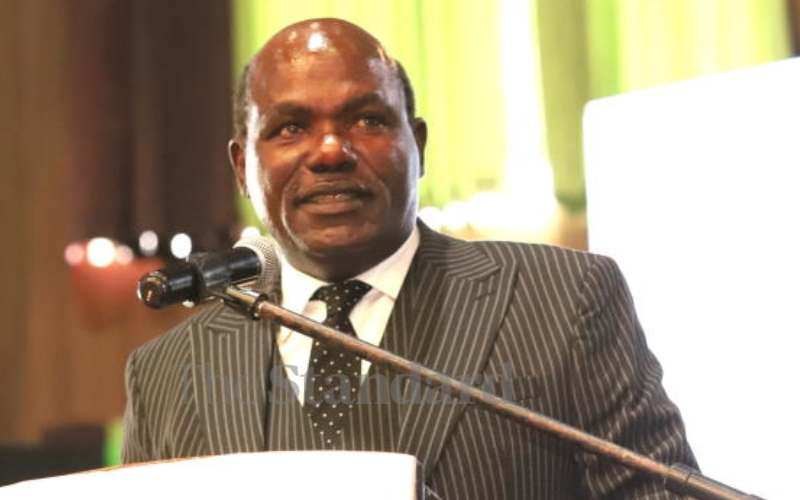
Election management is a central element in the sustainability of elections. It is the avenue through which the people of Kenya exercise their political rights and activate their sovereign power as enshrined in the Constitution.
It is therefore imperative that our elections adhere to the general principles of our electoral system as encapsulated in the Constitution. These are: Freedom of citizens to exercise their political rights; not more than two-thirds of members of elective public bodies shall be of the same gender; fair representation of persons with disability; universal suffrage based on the aspirations for fair representation and equality of vote, and free and fair elections.